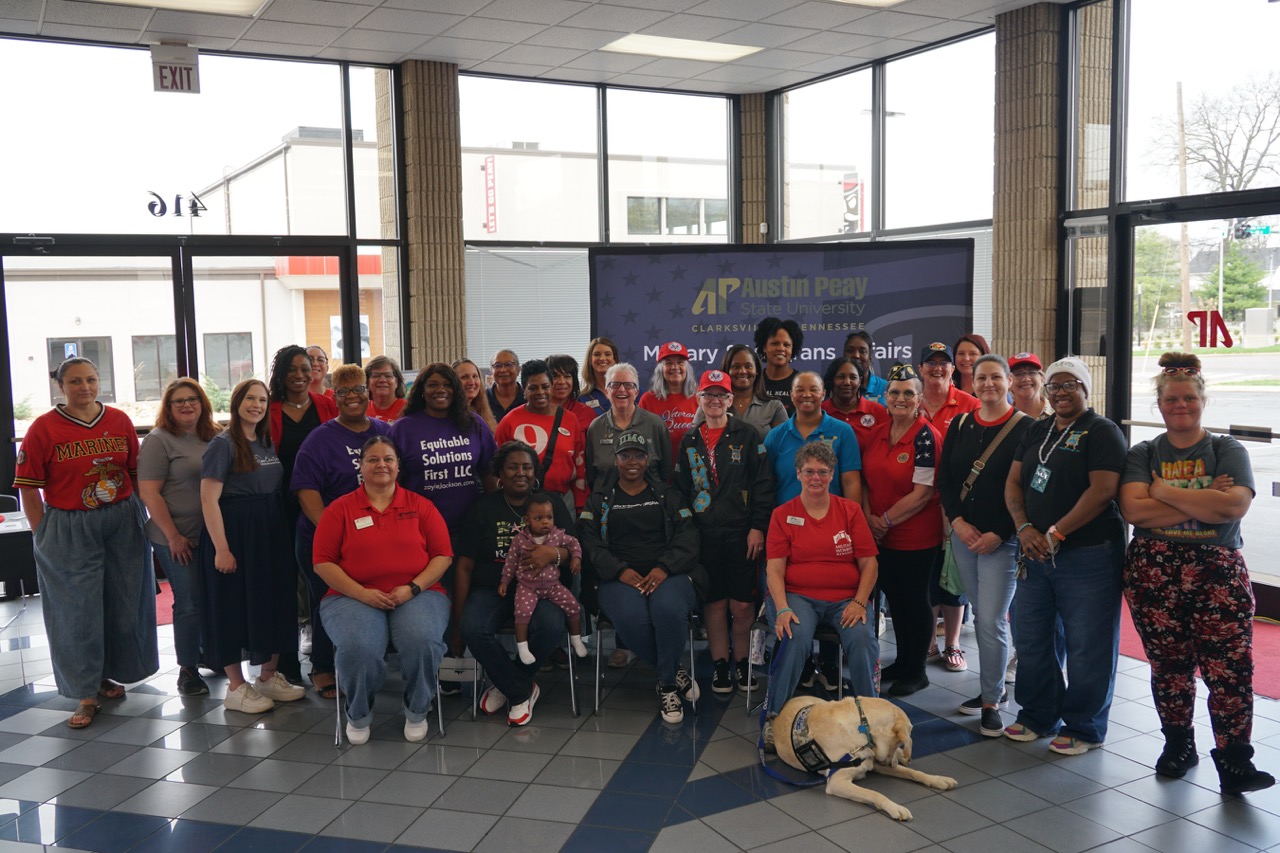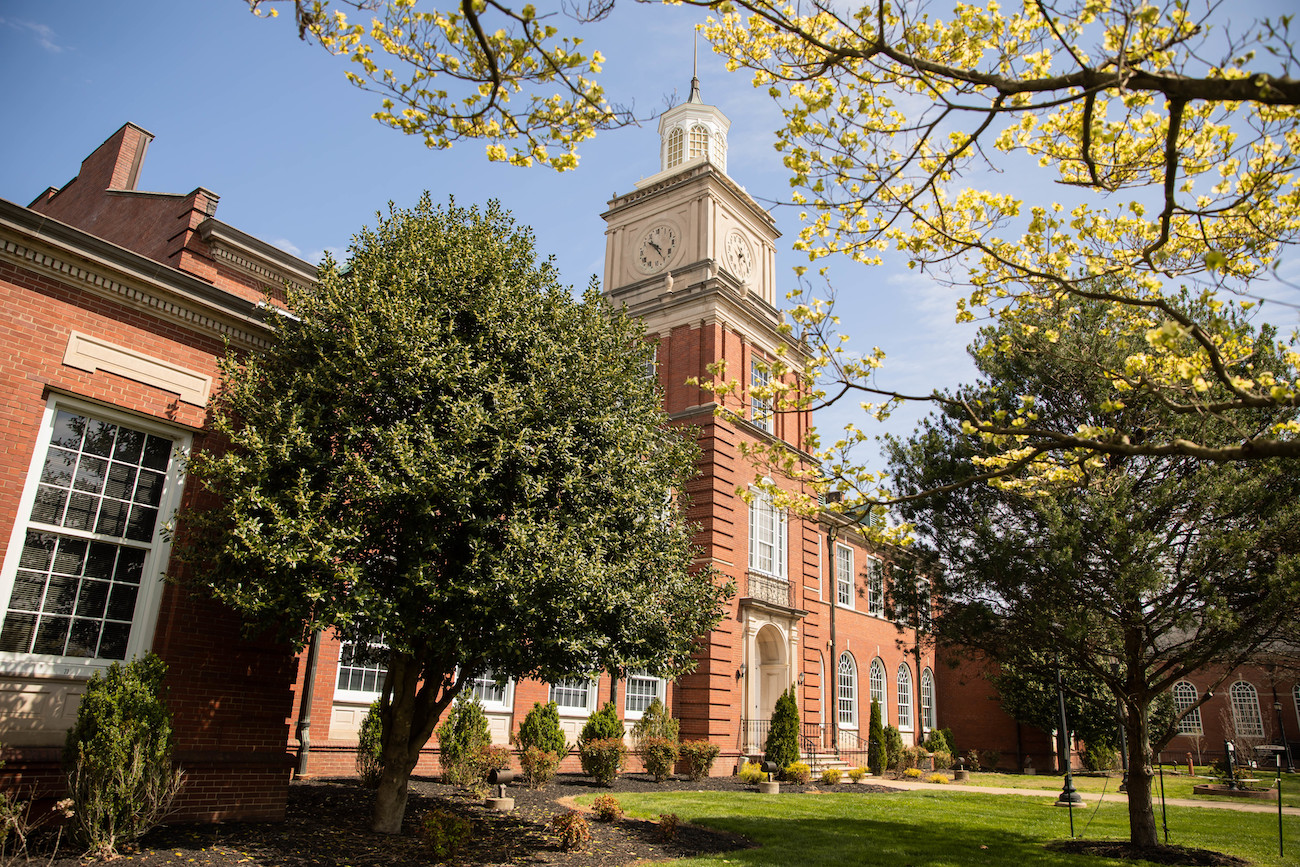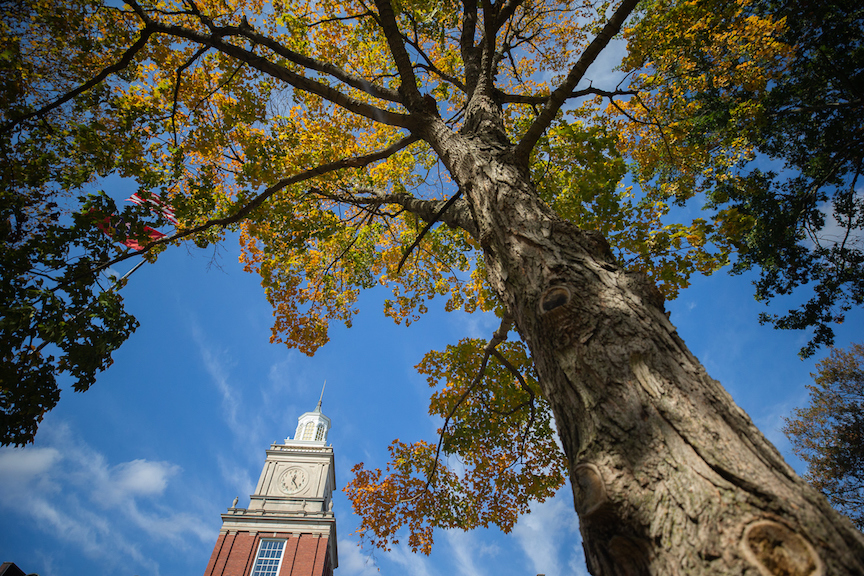Austin Peay professor, Raymond Deeren, to publish short story collection about working-class life in Michigan’s Thumb region
(Posted on Tuesday, Nov. 8, 2022)

As a teen and college student, Raymond Deeren worked in rural Michigan as a line cook, substitute teacher, landscaper and lumberjack. But it’s another odd job that he had while attending Saginaw Valley State University that set the cornerstone of his creative writing for the next 10-plus years.
“The housing market collapsed, and I was mowing lawns of bank repossessions,” he recalled. “The collapse hit Michigan in 2008, 2009 and 2010 really hard, so while I was mowing, there were more and more bank repossessions. My neighbors were losing everything.”
As Deeren mowed those properties, a story took seed in his mind – yes, one about a man mowing the lawns of dispossessed neighbors, victims of the crushing financial pain of the Great Recession in rural Michigan. That story grew into others, and those stories centered on the odd jobs that helped Deeren, and others like him in Caro, Michigan, pay the bills.
Now, Deeren – an assistant professor in Austin Peay State University’s Department of Languages and Literature – is publishing a collection of the stories. The book, to be published through Wayne State University Press’ Made in Michigan Writers Series, could hit bookstores as early as fall 2023.
University Editor/Writer Brian Dunn visited Deeren earlier this semester for an hour-long conversation about the book. The following Q&A includes excerpts from that discussion, edited for length and clarity:
Can you describe the book?
It’s a collection of short stories called “Enough to Lose.” And that is the title of one of the stories as well. It takes place in rural Michigan, about two hours north of Detroit. All the stories kind of center around the Thumb of Michigan, which is a really isolated, rural space on a peninsula. I love the geographic dead end.
The first story takes place during a historic flood in 1986, which is a real event. I write a short story about Detroit ex-pats who deal with this flood the year that they move from Detroit to the country. Then for the next 30 years, the other 10 stories take place. The last story ends during the 2016 presidential campaigns, and how that external divisiveness seeped its way into this pretty isolated world. Misinformation abounds, and all that information spreads in this quiet region. I don’t touch too heavily on the presidential election because I think that does enough work for itself. You just need to mention it.
But most of the stories themselves don’t deal with these huge concepts; they focus on people working. I have a working-class background, a first-generation college student, and I always felt like, “Who would I be if I hadn’t gone to college? What would I have done?” There were a few years there between my undergrad and grad school that I was back in my hometown, and that’s where the ideas for these stories started, which was there are really good people here who never got the chance that I got to “get out.” What are their stories? Some of them are working really hard to make 30 grand a year, and it’s enough. But then the housing market collapsed in 2008, 2009 and 2010, and there were more and more bank repossessions, and my neighbors were losing everything so that 30 grand was enough – and this is where the artfulness of the title comes in – it was “Enough to Lose.”
The stories deal with people who are piecing together jobs while also dealing with addiction and opioids. I had a couple of people that I went to school with who aren’t here anymore; they’ve been gone for about 10 years. So, I write about “Well, could that have been me had I stayed?” I tried to put myself in those shoes. All these stories are my tribute to my home and the people I come from.
Your stories cover a period. They have the same geographic region and the same socio-economic backgrounds. Did you set out to write this series or did the stories collect over time?
The first thing I’m thinking about is a collection of short stories called “American Salvage” by Bonnie Joe Campbell that takes place in southwest Michigan. These stories were all about this part of the state that I’d never been to that has a lot of influence from Chicago, people from Chicago vacation there. There was this juxtaposition of rich non-Michiganders vacationing amongst poor Michiganders, and I was really drawn by that.
But I kept asking, “What about my neck of the woods? What about the Thumb?” I really love this place, and, unlike the southwest part of this state, which is a mix of urban suburban and rural, the Thumb is sugar beet farming and state land and white supremacy – it’s where Timothy McVeigh and Terry Nichols built the Oklahoma City bombs. I want to talk about this.
I didn’t see this as a collection until I moved to Chicago and met people from the coasts who really did see the Midwest as “flyover states.” Like “nothing happens there.” “Why would anybody go there?” “You’re born there to leave.” Michigan is more than Detroit kind of was a going theme for me.
I love this place. It’s home. But these people are struggling, and some of them struggle because they don’t have any other options. But some of them struggle because they’re stubborn, and “This is the way we’re going to do it” and “Life is supposed to be hard.” I wanted to write stories that reflect that spectrum.
“Life is supposed to be hard” is kind of a hand-me-down from older generations.
There’s a term I recently learned – thought-terminating cliché. It’s because you can’t argue with that, because, yeah, life isn’t fair, so I guess this is what life is. My creative writing pushes against that. The housing crisis, the bailouts and TARP that helped GM – it was harder than it should have been for a lot of people. I’m getting chills just thinking about it.
How long have you been working on these stories?
I am still working on three of them and then, obviously, whatever the editor says needs working on. But I started the first story – the title story “Enough to Lose” – in 2012 when I was mowing lawns for bank repossessions. Even though the story takes place in 2009, I was still in the state of dealing with it in 2012. And then I think Obama said officially the recession ended in 2014, and I would go home in 2015, 16, 17, 18, 19, 20, and the recession didn’t end, especially not in Michigan, especially in rural spaces that were dealing with addiction. Officially, the recession has ended, but now we have a flyover state that’s still saying life is hard, and here we are 13 years later, and those places never recovered.
What does it feel like knowing you’re about to publish a book?
It’s strange. I didn’t get into writing for a job, probably because of the working-class mentality and all the men in my life saying, “You’re not going to make any money doing this.” I wanted to be a teacher. I’ve always loved teaching, and that’s going to give me health care and a paycheck. I believe in this book, but it’s very hard to sell collections of short stories because the big New York publishers want novels. I was lucky. I got this job and then just a few weeks ago, my agent contacted me. I’m happy that this book is going to be out because I believe in it. I’m very much looking forward to hearing what people from my home think. I’m scared, but I’m looking forward to it.
News Feed
View All News
Austin Peay's 4th Annual Education Summit connected women veterans with educational opportunities and support services. The March 29 event offered networking and resources, celebrating Women's Empowerment Month and bridging the gap between the military community and available campus support.
Read More
The APSU Board of Trustees will host its quarterly meetings at 317 College St. on April 11, with a series of committee meetings at 8:15 a.m. and the full board meeting at approximately 10:10 a.m.
Read More
Landscape and Grounds is offering 70 species of native perennials, grasses, trees, and shrubs for sale through May 2, with on-campus pickup dates scheduled for May 2 and 3.
Read More